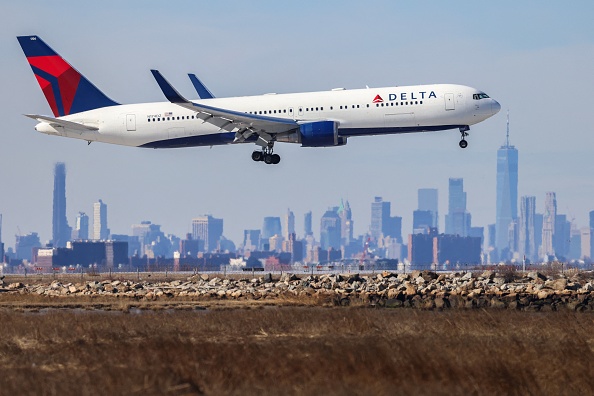Supreme Court won't hear challenges to mandatory state bars

Image from Shutterstock.
The U.S. Supreme Court on Monday declined to hear challenges to mandatory state bar associations in Michigan, Oklahoma and Texas.
Three federal appeals courts had upheld state bars’ right to collect mandatory bar dues last year, “although the victories for Texas’ and Oklahoma’s bars were not complete,” according to Law360.
Law.com and Reuters also have coverage.
The challenges to the mandatory bars sought to extend Janus v. AFSCME, the June 2018 Supreme Court decision holding that mandatory union dues for collective bargaining violate public employees’ free speech rights under the First Amendment.
Janus was decided 28 years after the Supreme Court ruled in Keller v. State Bar of California that compulsory state bars can use lawyer dues to fund activities to regulate the legal profession and improve the quality of legal services but not for unrelated political or ideological activities.
The State Bar of Texas said it was updating its policies and procedures after the 5th U.S. Circuit Court of Appeals at New Orleans ruled in July 2021 that most of the bar association’s legislative lobbying was not relevant to regulation of the legal profession or improving the quality of legal services. But the appeals court said several Texas bar activities were germane to lawyer regulation, including its work to improve diversity in the legal profession.
Oklahoma also had a partial loss when the 10th Circuit at Denver ruled in June 2021 that the plaintiff had plausibly alleged that the Oklahoma Bar Journal improperly used mandatory dues to discuss matters of an ideological nature.
Sylvia Borunda Firth, president of the State Bar of Texas, said in a statement cited in news coverage she was pleased that the Supreme Court continues to recognize precedent supporting the mandatory bar structure.
“Thirty other states and the District of Columbia use a mandatory bar structure because it is a proven, effective way to regulate the legal profession and improve the quality of legal services provided to the public,” she said.
Law.com listed the rejected cases. The Michigan case is Taylor v. Heat, the Oklahoma case is Schell v. Darby, and the Texas case is McDonald v. Firth.
See also:
ABAJournal.com: “Suit challenges mandatory membership in state bar because of immigrant support, diversity initiatives”
ABAJournal.com: “9th Circuit revives Oregon lawyers’ freedom-of-association challenge to mandatory bar membership”
ABAJournal.com: “8th Circuit rejects lawyer’s challenge to mandatory bar dues”



